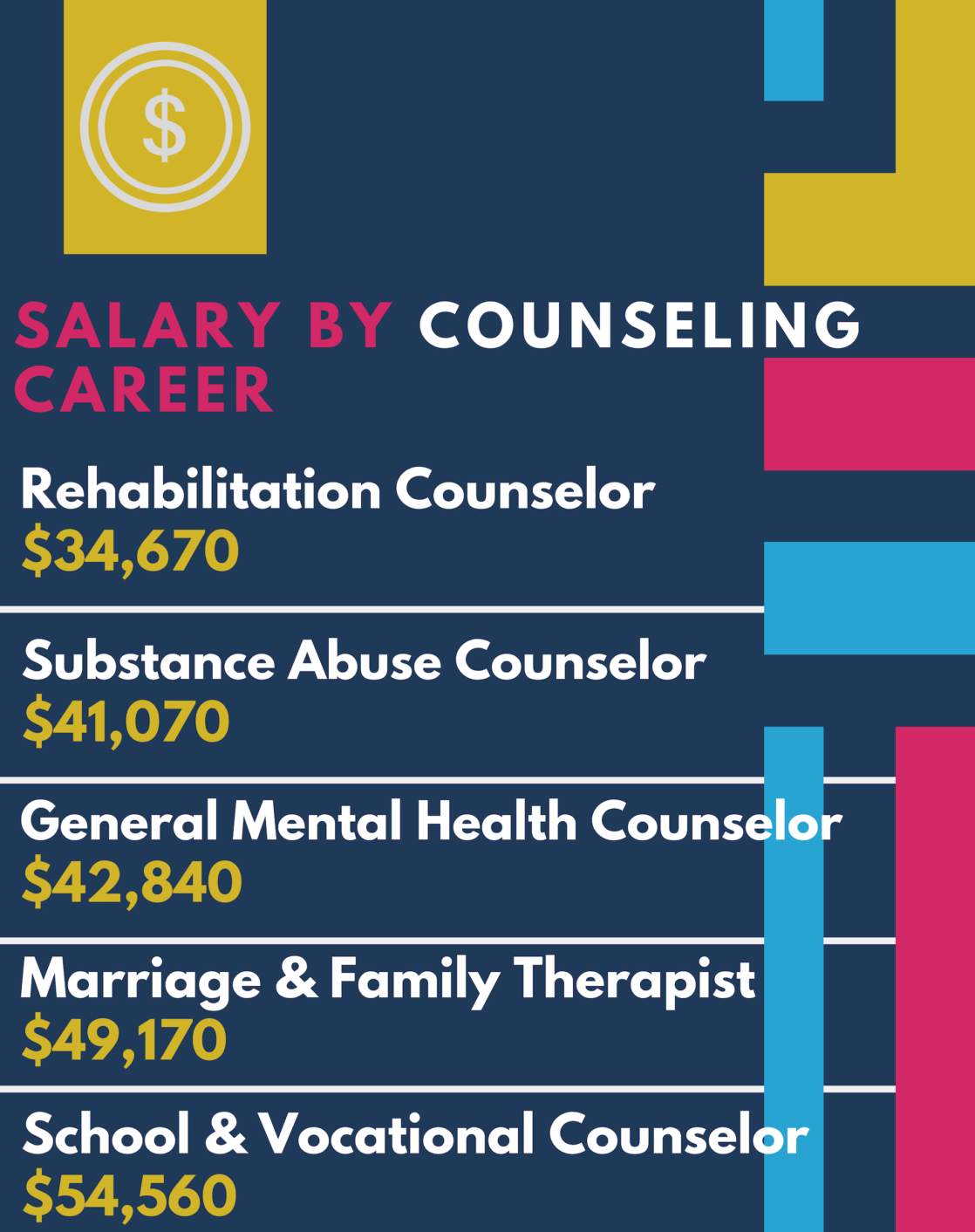Find this resource: Steele, C. M., & Aronson, J. (1995 ). Stereotype threat and the intellectual test performance of African Americans. Journal of Personality and Social Psychology, 69( 5 ), 797811. Discover this resource: Stryker, S. (1980 ). Symbolic interactionism: A social structural variation. San Francisco, CA: Benjamin/Cummings. Find this resource: Drug abuse and Mental Health Solutions Administration, Center for Behavioral Health Data and Quality.
The NSDUH report: Smoking cigarettes and mental disorder. Rockville, MD: Author. Find this resource: Sullivan, P. F. (1995 ). Mortality in anorexia. American Journal of Psychiatry, 152( 7 ), 10731074. Find this resource: Thoits, P. A. (1985 ). Self-labeling processes in mental disorder: The function of psychological deviance. American Journal of Sociology, 91, 221249.
A. (2010 ). Stress and health significant findings and policy implications. Journal of Health and Social Habits, 51( 1 Suppl.), S41S53. Discover this resource: Turner, R. J., Wheaton, B., & Lloyd, D. A. (1995 ). The epidemiology of social tension. American Sociological Review, 60, 104125. Discover this resource: Vancampfort, D., Vansteelandt, K., Correll, C.
Some Known Questions About How Does Pain Affect Your Mental Health.
J., De Herdt, A., Sienaert, P.,. De Hert, M. (2013 ). Metabolic syndrome and metabolic irregularities in bipolar affective disorder: A meta-analysis of occurrence rates and mediators. American Journal of Psychiatry, 170, 265274. Discover this resource: Wahl, O. F. (1995 ). Media insanity. New Brunswick, NJ: Rutgers University Press. Find this resource: Wahl, O (how does social media negatively affect your mental health).
( 1999 ). Psychological health customers' experience of stigma. Schizophrenia Bulletin, 25( 3 ), 467478. Discover this resource: Walker, E. R., McGee, R. E., & Druss, B. G. (2015 ). Death in mental disorders and international illness burden implications: A methodical review and meta-analysis. JAMA Psychiatry, 72( 4 ), 334341. Discover this resource: Whatley, C. D. (1959 ).
Social Problems, 6( 4 ), 313320. Find this resource: Wright, E. R., Gronfein, W. P., & Owens, T. J. (2000 ). Deinstitutionalization, social rejection, and the self-esteem of previous psychological patients. https://www.wrde.com/story/42275058/treatment-center-near-lake-worth-helps-people-recover-from-drug-addiction Journal of Health and Social Habits, 41, 6890. Discover this resource: Xiong, G. L., Bermudes, R. A., Torres, S. N., & Hales, R.
The Buzz on How Does Pain Affect Your Mental Health
( 2008 ). Use of cancer-screening services amongst persons with serious mental disorder in Sacramento County. Psychiatric Providers, 59( 8 ), 929932. Find this resource: Yarrow, M. R., Schwartz, C. G., Murphy, H. S., & Deasy, L. C. (1955 ). The psychological significance of mental health problem in the family. Journal of Social Issues, 11( 4 ), 1224. (p.
Mental disorder, stigmatization, discrimination, help-seeking Scientists commonly recommend that the stigma connected to mental disorder is one of the major confounding aspects in help seeking from psychological health professionals. Mental disorders are medical conditions that interrupt a person's thinking, sensation, state of mind, ability to relate to others, and everyday working [1].
There are a number of distinct constructs that comprise preconception. These include stereotype, bias, and discrimination. A stereotype is a belief held about a particular group of people. For instance, believing that all people with an identified psychological disease threaten is a stereotype. Bias is a contract with the said stereotype that leads to an unfavorable emotional reaction [4].
Not known Details About How Can Mental Health Problems Affect Your College Academics?
An example of bias might be agreeing that persons with mental disease are undoubtedly harmful, triggering an emotional response such as fear or anger. Discrimination is the behavioral response to bias, which might include, for instance, avoiding a person with mental disorder due to the fact that of the fear from the prejudice and the belief that the person threatens [4].

People with mental disorder were believed to be mentally retarded, a public problem, and harmful. Less than half of the individuals believed that such people might be treated beyond a healthcare facility and only 25% believed that they could work routine tasks. Poor understanding about psychological health problem also was widespread among the participants.
Only 17% reported that they could maintain a relationship with a person with a mental disease. The authors concluded that there is poor knowledge about the cause and nature of psychological illness and that education is needed so that stigma towards those with a mental disorder can decrease [6] Preconception is defined as a combination of perceived dangerousness and social distance.
The Facts About How Does Bullying Affect Mental Health Revealed
Wherever they go, whatever they do, the pressures of conforming to a society that neither accepts nor understands them can be overwhelming. The impact of stigma should seem to be as tough to get rid of as the direct effects of the illness itself [7] Just by thoroughly comprehending the origins of preconception can society's views towards people with mental disorder be altered.
These people are likewise believed to be very dangerous by others in society [8] Throughout the primitive age, mental disorder was directly tied to faith. Hinshaw https://plattevalley.newschannelnebraska.com/story/42179963/boca-raton-drug-treatment-center-offers-tips-on-choosing-the-right-rehab-center and Cicchetti 9 pointed out that dating back 500,000 years people put circular holes in the skulls of people believed to have a psychological disease in order to let the evil spirits out.
In the early Greek times the supernatural beliefs considered causes for mental disorder continued [10] In ancient Greece "Hippocrates thought that irregular habits originated from internal physical causes, especially imbalances of the 4 basic fluids (yellow bile, black bile, phlegm, and blood) [9]. Hippocrates also believed that the brain was accountable for psychological and emotional purposes.
Fascination About How Does Adhd Affect The Mental Process
Society utilized exorcisms, torture, death by fire, and starvation to rid the person of evil. Health centers for the ridiculous began to establish in the 16th century. The treatment in these asylums was harsh and inhumane [9] The fear of individuals with mental diseases in other locations made the variety of asylums increase.
Pinel required the removal of chains on inmates in asylums. He thought that medical professionals must treat individuals with mental diseases [11] The early 20th century consisted of an increase in beliefs of a biological basis for psychological disease, which Hinshaw and Cicchetti [9] discussed. The Psychological Health motion, which encouraged the gentle treatment of people identified with mental disorders, was founded in 1908 [11,12].
The 2nd half of the 20th century concentrated on improving psychotropic medications and combating preconceptions [9] These treatments all come from the biological design that was predominant during this period of history. Deinstitutionalization, a time period when asylums and organizations were closed and clients were moved into the neighborhood, gained attention in the 1960's [9].
Our How Does Eating Healthy Affect Your Mental Health PDFs
Making use of medications to treat mental disorders caused a drop in the number of clients in mental hospitals. Although there were many advantages to the deinstitutionalization process, a major problem with this movement is that a number of the patients were not prepared to function separately in the community since they had actually lived in organizations for many of their lives.

They were avoided by the general population and frequently had to rely on crime in order to support themselves. At this time, the government mandated the usage of community psychological university hospital. By creating centers of take care of the mentally ill, it was thought that they would have a much better possibility of becoming acclimated into a normal role in society.
Since today there is not one proper technique of treatment nor is any one type the basic [10] Treatment, however, will not stop the forces of false information that result in the production of preconception [9] In order to comprehend the relationship in between preconception and psychological health problem, the origins of stigma must be specified.